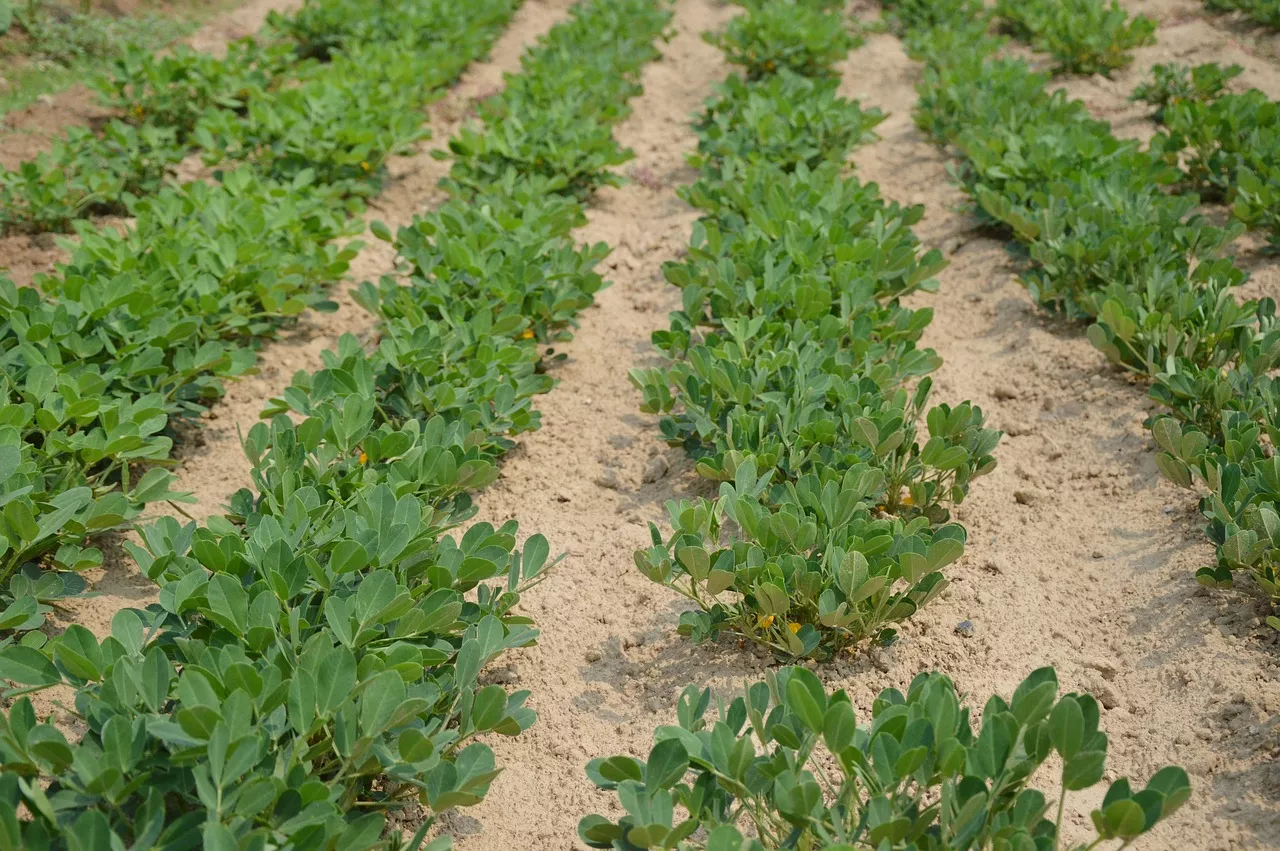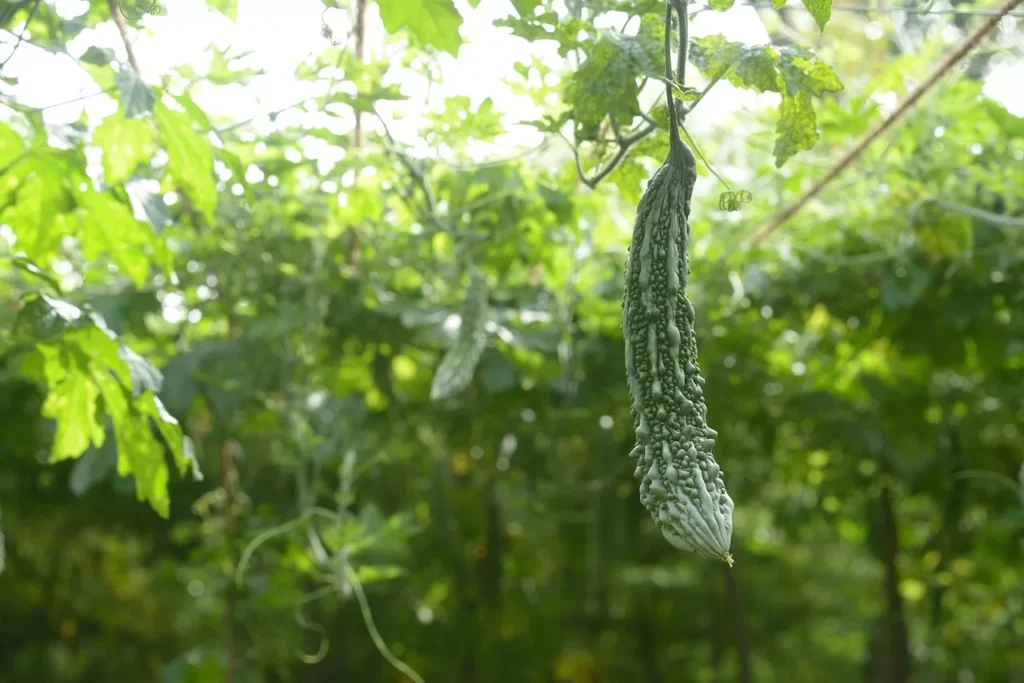
Farm Organic General Mills Boosts Kernza Market Growth with New Cascadian Farm Cereals
General Mills (NYSE: GIS) is taking a significant step forward in transforming the future of sustainable agriculture in the United States with a major expansion of its Kernza® grain program. The company has announced that it will quadruple its use of Kernza®, a climate-smart perennial grain, through the launch of four new Cascadian Farm cereals. This move not only deepens the company’s commitment to regenerative farming practices but also accelerates the creation of a predictable, long-term market for U.S. organic farmers who are adopting this groundbreaking crop.
Kernza is not just another ingredient—it represents a new frontier in sustainable agriculture. Unlike conventional grains that must be replanted each season, Kernza is a perennial crop. After planting, the crop regrows year after year without disturbing the soil. Its root system reaches incredible depths—often as deep as ten feet—allowing it to store more carbon underground, reduce soil erosion, improve water infiltration, and bolster ecosystem resilience. These deep roots help stabilize soils, reduce nutrient runoff, and support thriving biodiversity by providing habitat for wildlife. In essence, Kernza delivers environmental benefits that extend far beyond the farm gate.
Recognizing this potential, Cascadian Farm—one of the earliest leaders in the organic food movement—has taken the next major step in bringing Kernza to the mainstream breakfast table. The brand has introduced a 1% Kernza Initiative, adding one percent certified organic Kernza to four of its most popular flake cereals: Honey Oat Crunch, Honey Oat Crunch with Almonds, Raisin Bran, and Hearty Morning Fiber. These cereals are household staples for many organic shoppers, and integrating even a small percentage of Kernza helps drive the demand necessary for long-term adoption by farmers.
According to Melissa Gallant, Business Unit Director for Natural and Organic at General Mills, Kernza aligns perfectly with consumers’ growing interest in sustainable options that do not compromise on taste or quality. “Kernza’s slightly sweet, nutty flavor is a welcome addition to the breakfast bowl,” Gallant said. “By putting a little bit of Kernza into Cascadian Farm cereals consumers know and love, we’re creating a stable market for U.S. organic farmers and making it simple for shoppers to select a great-tasting, sustainable option in the cereal aisle.”
General Mills has been exploring the potential of Kernza for more than a decade. The company’s first research investment dates back to 2014, when it began collaborating with The Land Institute, a pioneer in perennial crop development, as well as the University of Minnesota’s Forever Green Initiative, which focuses on expanding the crop options available to Midwest farmers. These long-term partnerships have been essential to improving Kernza agronomics, enhancing yields, and supporting farmers interested in integrating it into organic and regenerative farming systems.
Cascadian Farm itself has played an important role in bringing Kernza to market. In 2019, the brand became one of the first major food companies to incorporate Kernza into a consumer product. The latest step—broadening its use across four cereals—marks a significant milestone in scaling demand. As more consumers purchase foods containing Kernza, more organic growers will have reliable buyers, and more acres can be transitioned into perennial cropping systems that benefit the planet.
For researchers and sustainability advocates, creating a stable marketplace is one of the most essential components in scaling perennial grains. Colin Cureton, Director of Commercialization, Adoption and Scaling for the Forever Green Initiative, emphasized the importance of linking crop development with real-world demand. “Delivering a market opportunity for farmers is critical,” Cureton said. “Our team can develop the crop and support farmers growing it. General Mills’ market partnership provides the demand farmers need to bring a new crop like Kernza onto their farm. It’s the foundational piece needed for Kernza acres to keep scaling.”

The environmental benefits of Kernza are only one part of the equation. For organic farmers, Kernza offers practical agronomic advantages as well. Its deep root system helps the crop withstand drought and other climate-related stresses, providing a more resilient option in regions where rainfall patterns are becoming less predictable. The perennial growth cycle also reduces the labor, fuel, and input costs associated with annual tilling and replanting. Over time, these efficiencies could translate into more stable yields, improved soil fertility, and long-term economic value for farmers committed to organic and regenerative principles.
General Mills’ investment in sustainable agriculture is not new. The company has set ambitious commitments to advance regenerative agriculture across one million acres of farmland by 2030, and Kernza plays a part in that broader vision. By scaling demand for ingredients grown with regenerative methods, General Mills is creating pathways for farmers to adopt practices that restore landscapes, improve soil carbon, and build climate-resilient farming systems.
The introduction of four cereals with Kernza is also expected to raise consumer awareness of perennial grains more broadly. Many shoppers may be encountering Kernza for the first time, and Cascadian Farm’s packaging and educational materials aim to show how even small ingredient choices can contribute to meaningful environmental outcomes. As Gallant noted, shoppers increasingly want transparency and impact from the brands they support, and Kernza provides a compelling story rooted in science, sustainability, and real agricultural benefits.
Currently, Cascadian Farm’s new 1% Kernza Initiative cereals are available at Whole Foods and Sprouts, two retail partners known for supporting organic and climate-conscious products. Wider distribution may follow as demand grows and Kernza supply increases. In the meantime, the brand’s move to integrate Kernza into high-volume cereals represents a promising step toward a more climate-resilient, soil-friendly food system—one that supports farmers, empowers consumers, and encourages innovation across the agricultural supply chain.
With its long-term research investments, partnerships with leading crop science institutions, and clear steps toward making perennial grains part of everyday foods, General Mills is helping catalyze a new era for sustainable agriculture. Kernza is still a relatively young crop, but its potential—environmental, economic, and culinary—has captivated farmers, scientists, and food companies alike. As more consumers choose products containing Kernza, the momentum behind perennial grains will continue to accelerate, paving the way for a food system that works in harmony with the land rather than against it.
Source Link:https://www.businesswire.com/




